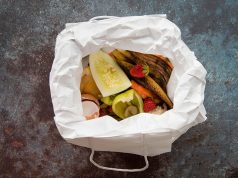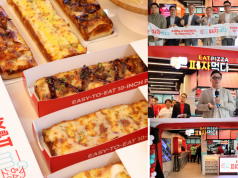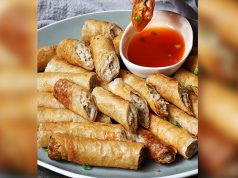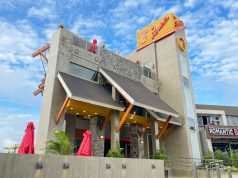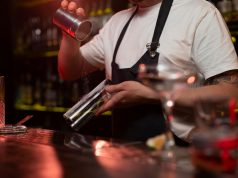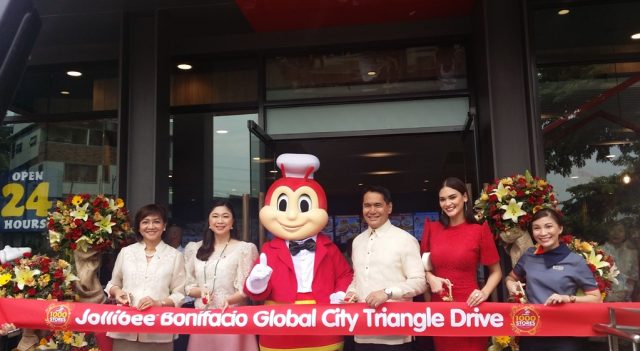
MANILA – The bee’s quest for world domination kicks into high gear this year. With Jollibee’s global footprint in 12 countries and 3,948 stores, Jollibee Foods is aiming to hit 4,000 stores this year across its portfolio of brands, which includes Mang Inasal, Chowking, Red Ribbon and Dunkin’ Donuts.
Overseas, it owns Yonghe King in China and Smashburger in the US.
Broken down, that’s 250 new stores locally and 100 internationally.
A total of P14.7 billion has been earmarked for capital spending in 2017, double last year’s amount.
Amid this relentless rollout plan, the country’s largest restaurant chain says it’s still on the lookout for acquisitions.
“We will continue to aggressively pursue acquisitions and organic growth to accelerate growth and profitability,” said Jollibee Foods Corp chairman Tony Tan Caktiong.
“Another area we are really focusing to be more aggressive is the opening of Jollibee brands outside the Philippines because for example, we opened the one in Chicago.”
Tan Caktiong said they are on track to open a branch in Manhattan late this year or early next year – their 34th branch in the US – as well new stores in Toronto, Australia and Guam.
One growth market they’ve identified is Vietnam, where Jollibee subsidiary Superfoods is preparing to go public by July 2019 to bankroll expansion.
The flagship brand already has 89 branches in that country, and the company sees that figure ballooning to 300 in as little as 3 to 5 years’ time.
Ysmael Baysa of Jollibee Foods Corp said, “It will be used for further expansion because the brand actually is growing very fast and because the industry in Vietnam has a lot of potential for growth, so it’s really for further growth in Vietnam.”
He said they are “very excited about Vietnam” because the Southeast Asian country has about the same population as the Philippines (about 95 million compared to the Philippines’ 104 million) and the industry is the same. So we are dreaming that eventually someday we’ll be the leader and a fast-growing business in Vietnam.”
In China, the company is exploring the idea of bringing brands mostly in Beijing to northern parts of the country.
And as far as promising markets go, Japan is now also firmly on the bee’s radar.
It is looking to capitalize on the government opening up the economy to Filipino caregivers.
Tan Caktiong says if all goes well, the iconic bee may land on Japanese shores by 2019.




